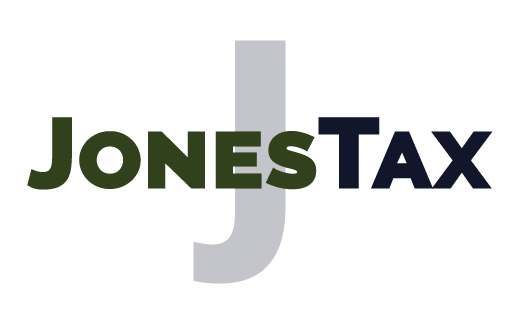FAQs
Frequently Asked Questions About Tax Debt
At Jones Tax Solutions, in Chanhassen, Minnesota, our clients often ask us some tough questions—questions that affect their lives, families and futures. We answer as honestly as possible, even when the answers may be difficult to hear. That’s because we believe that you deserve to know the truth about your tax debt. We are dedicated to giving you real answers so that you can take control of your finances, put tax problems behind you and gain true peace of mind.
Here are answers to some of the most common questions we hear. Of course, the best way to get an answer to your situation is to talk with us directly by calling 320-327-8409.
How Can I Get Tax Debt Relief?
You may not be stuck with your tax debt. There are several ways to get rid of your back taxes, including:
- IRS payment plans: There are two basic types of plans: short-term payment plans and long-term payment plans. Short-term plans pay back the debt in 120 days or less, and long-term plans pay back money owed over more time.
- Offers in compromise: An offer in compromise lets you settle your tax debt with the IRS for less than you actually owe. Not everybody is eligible for this kind of tax debt relief, but you may qualify if you meet certain conditions, like financial hardship.
- “Currently non collectible” status: Putting your account on “currently non collectible” status means that the IRS will temporarily delay collection. It doesn’t mean that your tax debt goes away, but it does mean that the IRS will give you a much-needed break from collection calls and letters.
What Is the IRS Fresh Start Program?
The IRS Fresh Start Program is for individuals and businesses that owe $50,000 or less to the IRS. It lets you pay off tax debts over the course of six years. Payments are designed to be affordable. Each month, you’d make a payment based on your income and the value of your assets. At the end of six years, your tax debts should be paid off in full.
For the Fresh Start Program, there are three different repayment options. We can help you understand which one is right for you.
What Is an Offer in Compromise?
An offer in compromise (OIC) is a relatively rare but important tax debt relief option. You’d start by making an offer to the IRS. If the IRS accepts your offer, you may be able to settle your tax debt for substantially less than you owe. However, it can be challenging to have the IRS accept your offer. It’s a good idea to have a tax debt professional draft your offer for you rather than trying to do it yourself.
Does Bankruptcy Resolve Tax Debt?
Unfortunately, bankruptcy doesn’t always resolve tax debt. For debt to be discharged in Chapter 7 bankruptcy, it must be at least three years old. You’ll also need to meet certain other criteria. In Chapter 13 bankruptcy, you can make payments toward old tax debt.
Bankruptcy is a serious financial action, and it’s often the last resort for people who have tried to take other measures first. You don’t have to file bankruptcy to get rid of tax debt. There are other things you can try, like following a repayment plan or having your tax debt professional negotiate an offer in compromise with the IRS.
More Questions? Get Personalized Answers.
The best way to get real answers to your tax questions if to have a conversation with your tax professional. Call Tyler today at (320) 327-8409 for a free consultation.
